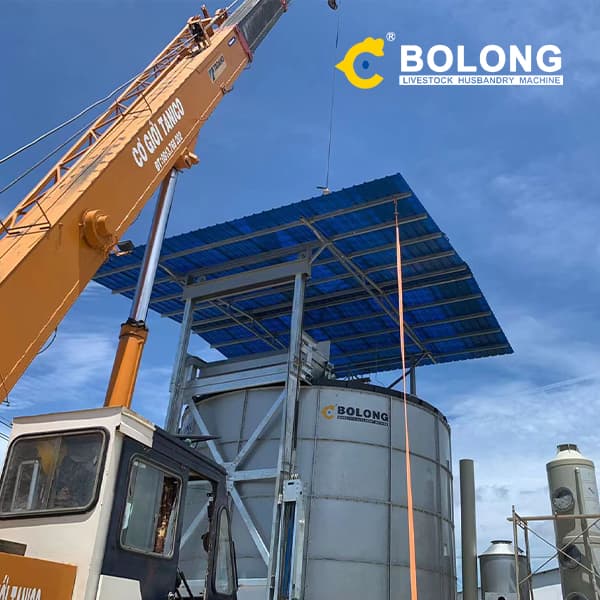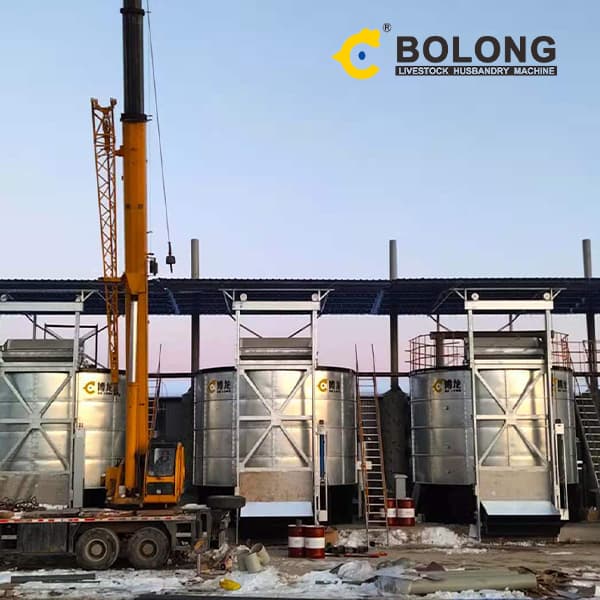
2023/12/18/ · Composting is a controlled, aerobic (oxygen-required) process that converts organic materials into a nutrient-rich, biologically-stable soil amendment or mulch through natural decomposition. The end product is compost. Microorganisms feed on the materials added to the compost pile during the composting process.
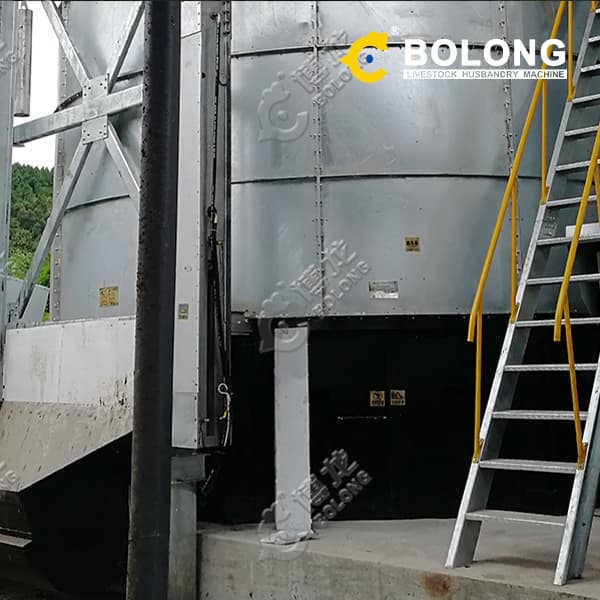
Continuous Flow Systems: Efficient systems where waste is added at the top and compost is removed from the bottom, allowing continuous decomposition without pausing. Benefits of Turning Units: Improved aeration, ease of use, faster decomposition, pest control, and odor reduction. Considerations for Turning Units
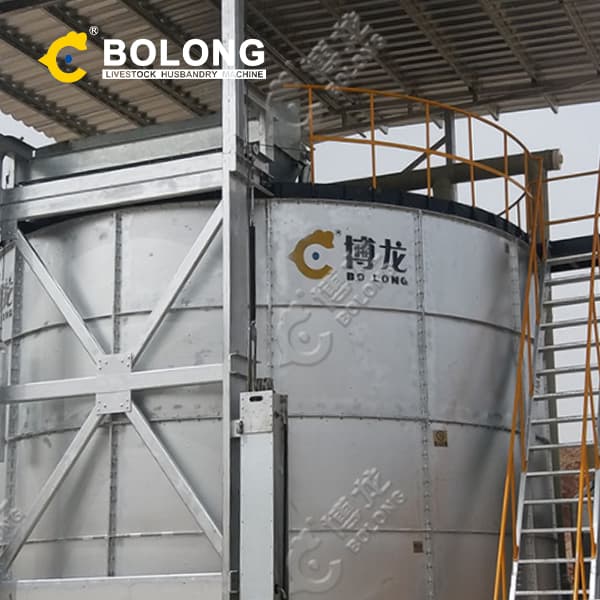
2024/1/6/ · Anaerobic composting refers to the decomposition of organic material in an environment devoid of oxygen. In this method, microorganisms that thrive in oxygen-free environments work to decompose materials such as kitchen scraps, plant residue, and animal manure. While aerobic composting requires active aeration, anaerobic composting
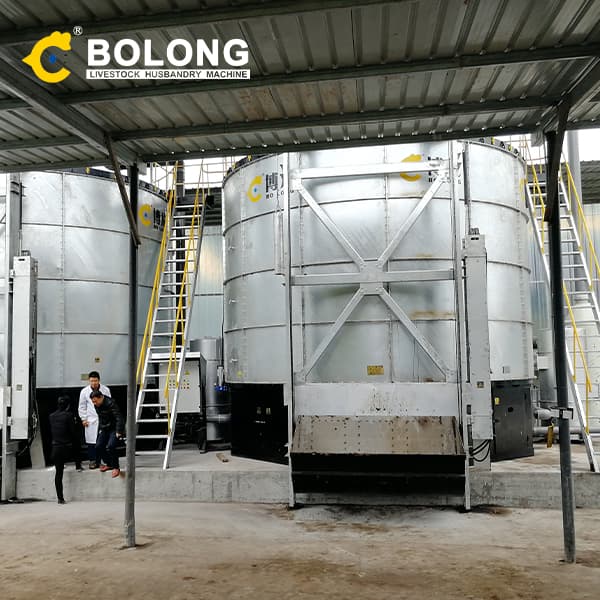
2014/11/18/ · The system is designed for 48,500 tons/year of biowaste (combined yard/food waste), and about 12,000 tons/year of preconsumer food waste. The AD system adds significant capacity with a much smaller footprint for the amount of capacity it provides than composting. The total footprint of the composting process systems is approximately
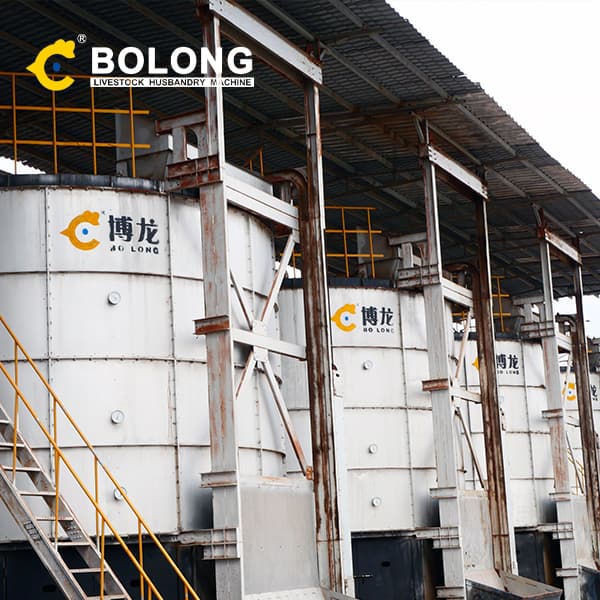

2024/5/20/ · Therefor online monitoring systems targeting bioaerosols should be established in the future, to obtain real-time data of bioaerosol concentration faster and to regulate the personnel exposure to the bioaerosol emission, especially for some pathogens (e.g., A. fumigatus). At the same time, a simulation model will be established based on
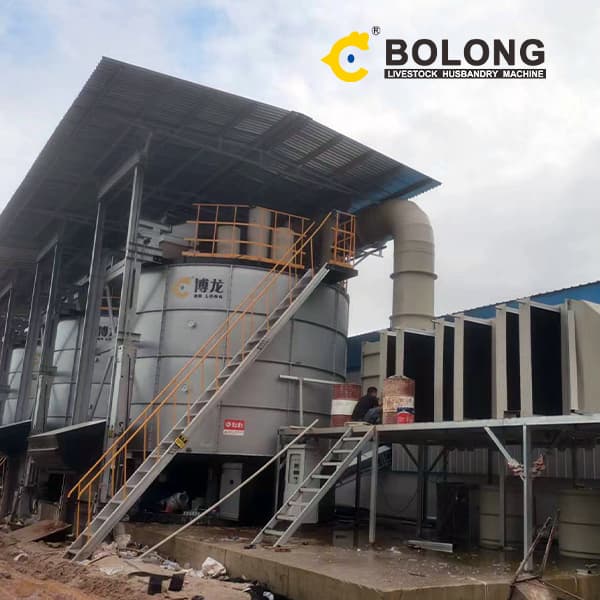
HotRot offers a system designed to process source separate food waste, with garden organics and other wood wastes added as needed. Solutions are available for a few hundred to 130,000 people, primarily utilising the HotRot 3518 or HotRot 1811. Turning dewatered biosolids into a useable fertiliser. Sludge or biosolids composting is usually done
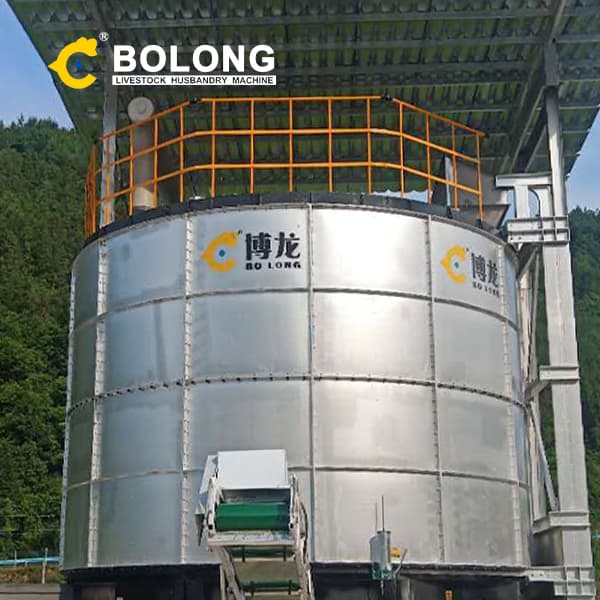
(In some large-scale systems, this has been shown to increase efficiency by up to 20%). Anaerobic activity generates less heat than air-loving aerobic microbes. Consequently, some pathogens and weed seeds may not be destroyed by anaerobic . Nevertheless, heat and warmer conditions encourage faster decomposition rates in anaerobic
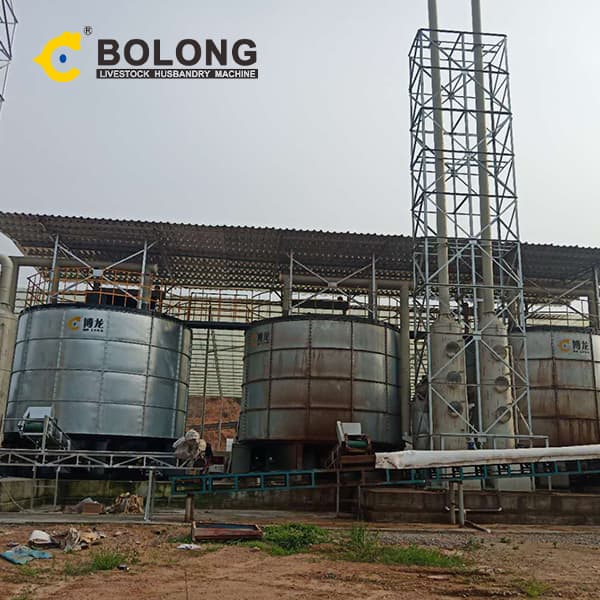
The Aerobin 400 and 200 compost bins feature a unique airflow system that makes creating compost work free, and also harvests nutrient rich liquid from vapors created during the biodegrading process.
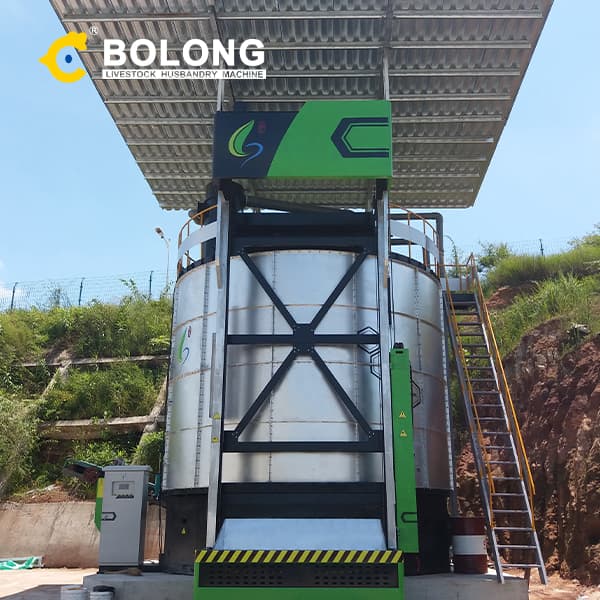
2023/12/12/ · Composting requires a certain balance of carbon-rich materials (“browns”), such as dry leaves and untreated wood chips, to nitrogen-rich materials (“greens”), such as food scraps. The ideal ratio is roughly three parts browns to one part greens by volume. (This translates to roughly 30:1 in terms of elemental carbon to
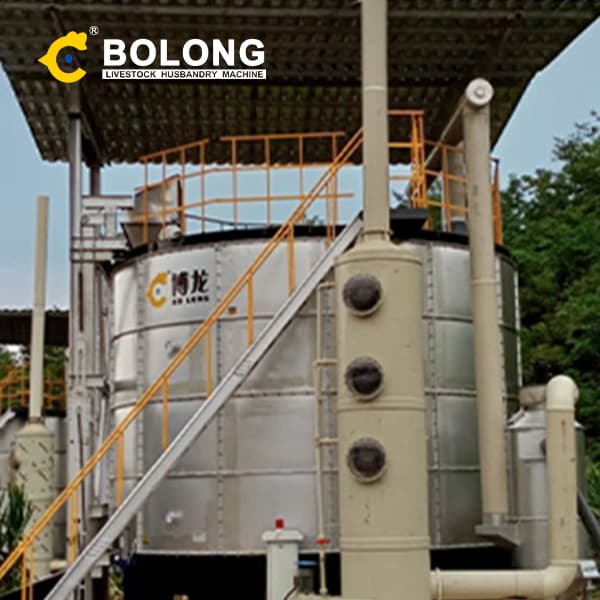
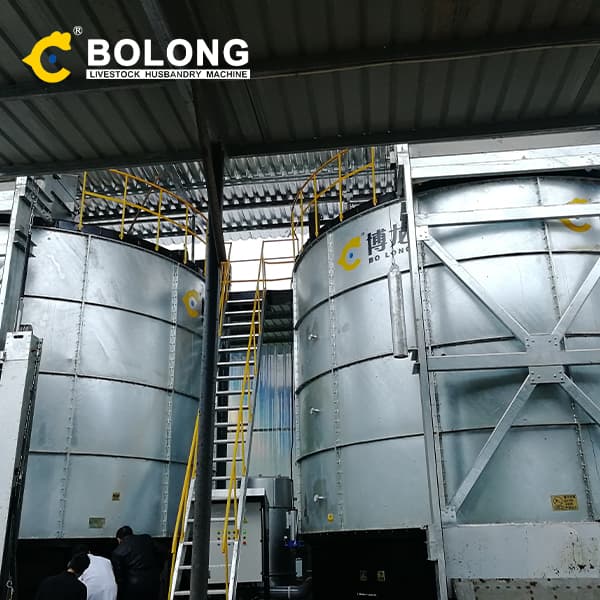
2023/12/1/ · Tentative policy roadmap to favour integrated anaerobic digestion and composting systems for the treatment of organic waste in Europe in the context of Circular Economy. First, the main objective of the European policy, in line with the definition of the waste hierarchy, should be to encourage the prevention and reduction of waste production.
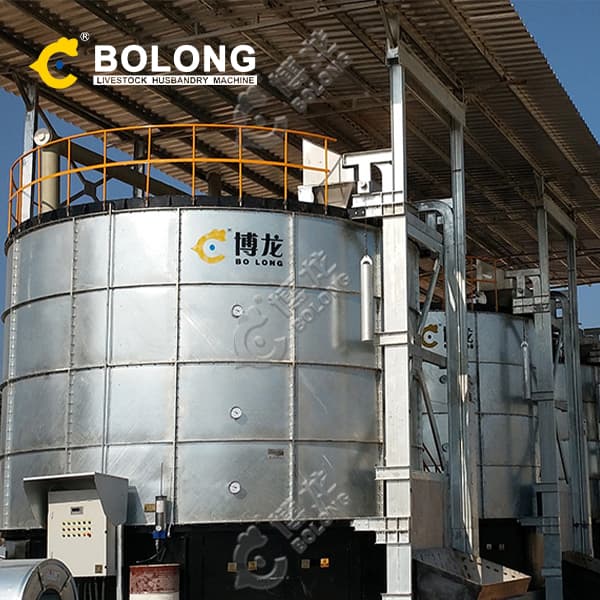
2023/12/5/ · For example, an AIVRD composting system capable of processing 260 tons of food and organics annually, will require an operational footprint of as little as 1,000 ft 2. The structure that houses the composting system may be as ornate or basic as desired ranging from a state-of-the-art greenhouse to a fabric quonset hut to a pole barn.
